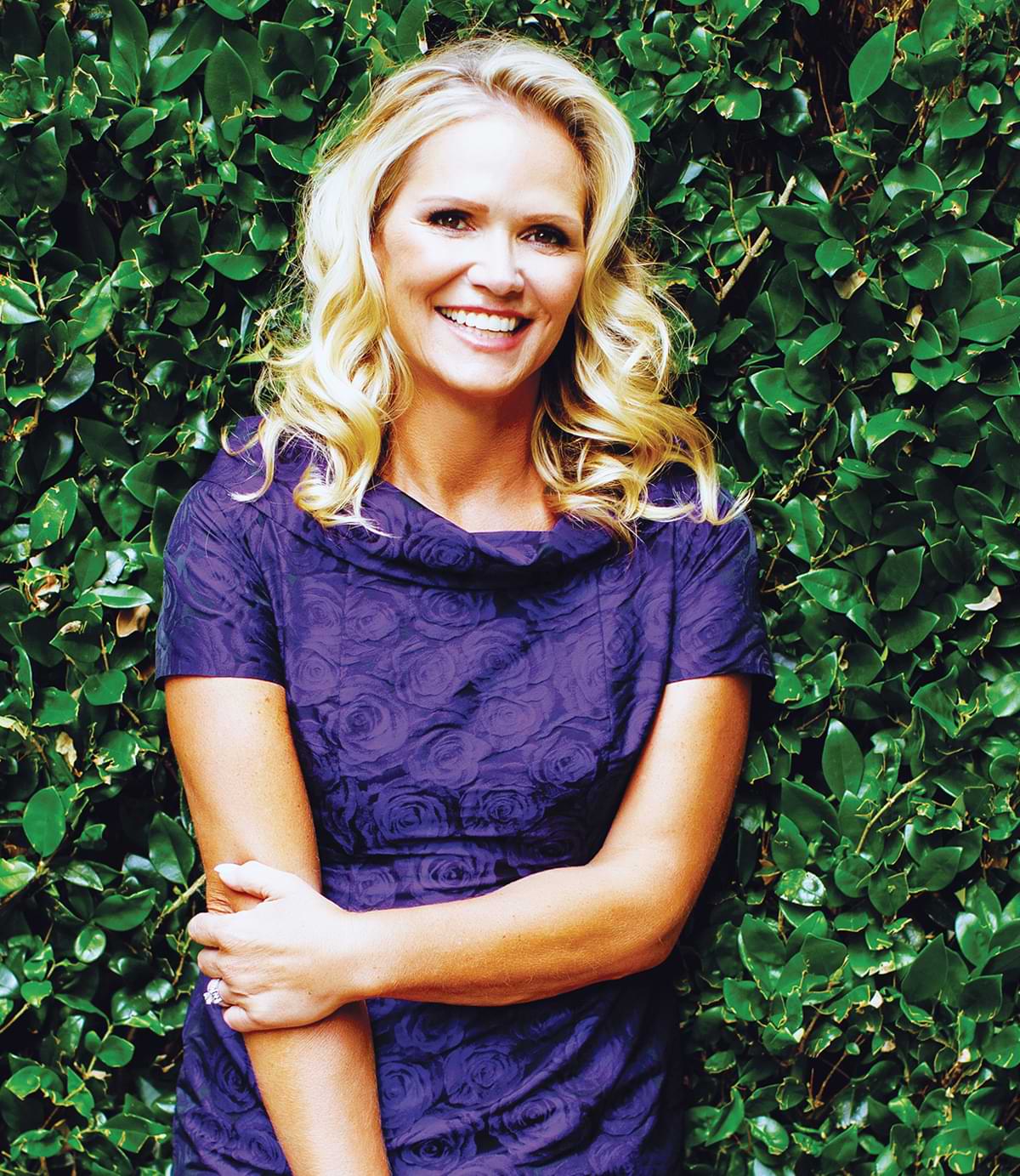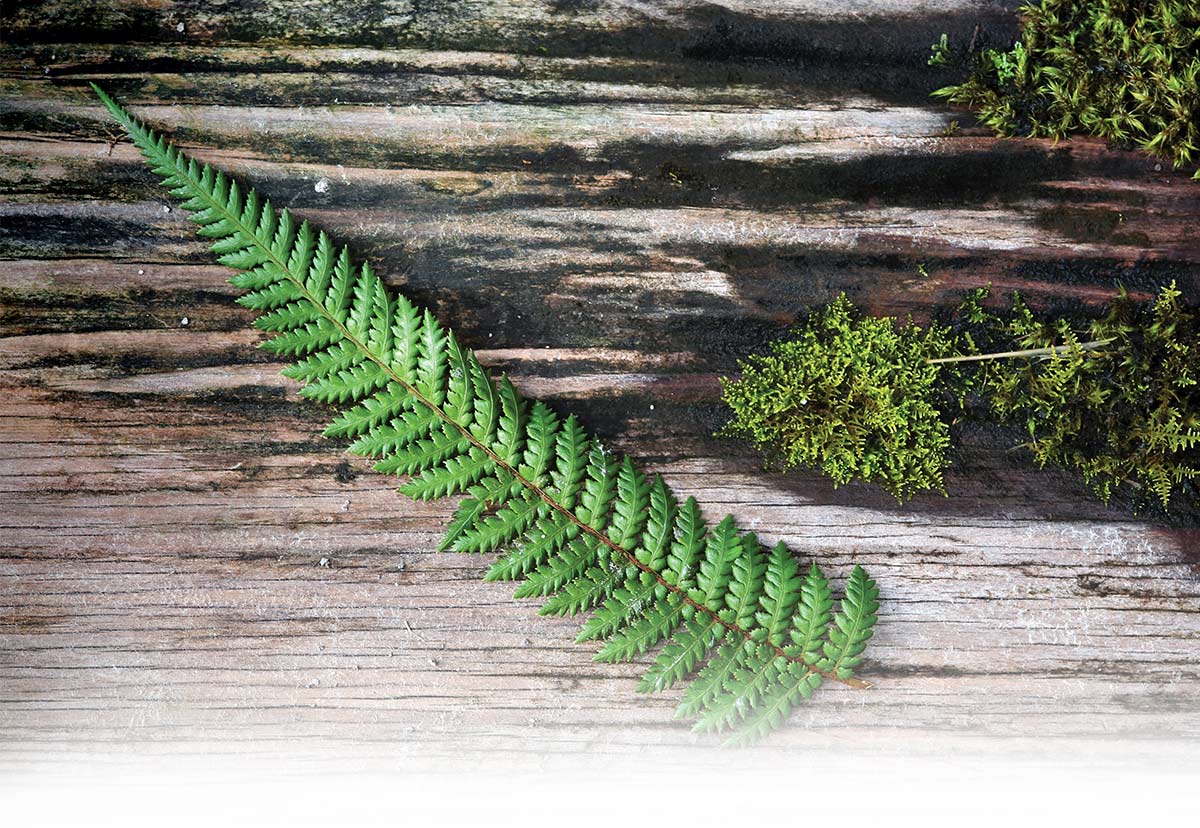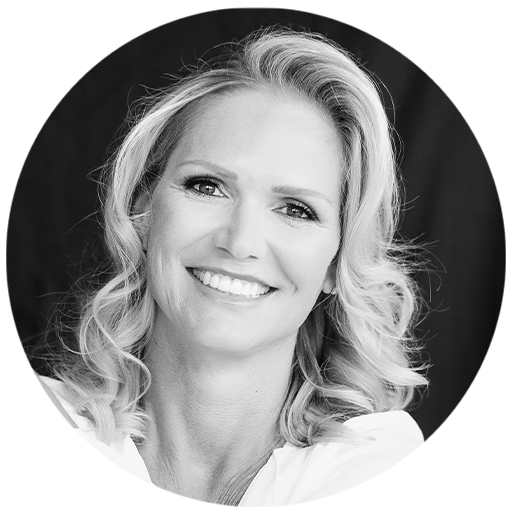t times as I was growing up in Aotearoa/New Zealand, I felt like I was slipping off the edge of the world. It’s so silent in places that in moments alone I would wonder if I was still on the face of the earth. Back then, more than anything I wanted to leave, to go find myself—somewhere else in the world. Because what did a country like mine have to offer, a lonely little island in the corner of the map? And who would I be if I stayed there forever, linked to the land of my family and ancestors but hopelessly lost to the rest of the world, where it seemed that everything worthwhile was happening?

I thought the best place to discover myself was a place that would let me be somebody else. And when I left it wasn’t long before my kiwi twang faded—and with it my place, my connection to the land, and my bicultural identity as a Māori/Pakeha woman. I didn’t consider what losing these things might mean. In fact, at the time, I didn’t even value them as an integral part of my identity. In fact, I looked at my place and identity as detriments to who I desired to be. Because the people I saw on the big silver screens or out leading the way in the global community didn’t sound like my Māori community — not in language, culture, lifestyle or values. So, to leave my own mark, to make a name for myself, and to be the best leader I could be, I thought I had better look and sound more like everyone else.

Bicultural women face a wealth of complexity. When you’re constantly pulled in two different directions, neither direction ever feels quite right. It seems you can never meet the expectations of the people around you. We all get trapped into expecting people to be who they look like—and not, in effect, who they are in actuality. In turn, simply being who you are can make you feel like an imposter, and there’s pain in those soul-aching moments of crisis when the world says, “It has to be one or the other.” Try filling out a form that asks for your culture with both parents hovering over your shoulder! With those words bearing down from the dominant culture, it’s no wonder the odds are so stacked in its favor.
When we try not to lower ourselves in others’ eyes, often we lower ourselves in our own. I had a picture of what it would mean to succeed—a big house, a nice car, a leadership role, the luxury and ease only wealth could provide. But the one thing I had actually wanted to find from the time I set out from New Zealand was missing. In a culture of “me first,” I lost sight of me. I am a bicultural Māori/Pakeha woman, and nothing adds more to my ability to lead than the depth of perspective this identity provides. I feel a powerful connection to the land that grounds me and guides me to care for its people. And I value my sense of community and place, complete with its strikingly beautiful culture, shaped by the people around and before me. Discovery isn’t always about finding something new. Sometimes it’s remembering who we already are.
As an educator, I’ve always been tasked with uncovering what people truly need to succeed in their lives. And as hard as it is looking back on experiences like leaving New Zealand and losing sight of my identity, without them I would never have learned what to teach. It’s not about stuffing our kids’ heads with knowledge, and it’s not about telling them who they should be, what they should do, or how to succeed. Education is learning (or remembering) who you are, where you fit into the world, and how you can contribute—specifically, how you can add in your way.
When we understand who we are, build our knowledge and competencies, and are connected with others, we add to the world. And that leads to wellbeing, meaning and fulfillment. The mission of every education system globally should be helping their learners make others’ lives better. That is the heart of what it means to be a leader, to effect, from your actions and with others around you, outcomes that add in some way to the world. Contributions can come in all sizes and shapes—there’s no standardized way to improve people’s lives. And often the simplest acts go the furthest. Schools can teach each learner what it takes to contribute, and it starts by helping them learn who they are.
Mātauranga has guided me back to myself, to bicultural balance and, now, to New Zealand. Here, our school system is committed to learners, to helping them live out their culture and identity (whakapapa), and to developing caring, trusting relationships that give learners a true sense of welcome and belonging (whanaungatanga). Kids shouldn’t have to leave who they are at the door. And neither should we as adults and professionals. We can only get the best from our learners (or employees) by supporting them to be who they actually are, their true selves. By continuing to develop our educational culture into one where each student can succeed in their way, we’ll help every learner stand tall (tu tangata) as a confident, connected and contributing force—a leader who lives to put good in the world.
There’s no greater gift that our schools can provide. Because wealth isn’t power, money, possessions, or coming in “first”—it’s meaning and fulfillment. And contributing to the world is the only way to earn it.
Let’s learn who we are—let’s learn to contribute—so that cultures and identities don’t have to be hidden, and so that we have what it takes to guide others to meaning. That is true leadership.


Joanne McEachen (Ngāi Tahu Ngāti Māmoe Waitaha) is CEO/founder of The Learner First (USA/Australia/New Zealand), an Edmund Hillary Fellow (EHF), a fellow of Salzburg Global Seminar (Austria), on the Executive Committee for Karanga The Global Alliance for Social Emotional Learning and Life Skills (Global) and a board member for Partners for Youth Empowerment (PYE) Global.
A bestselling author, a social entrepreneur and a leading voice in the global education community, McEachen brings years of whole-system leadership experience, working with and within all levels of education to offer insights and strategies that support communities and countries to discover their strengths and bring them to the surface. The perspective she works from is that people and communities hold the answers and not the experts.
Joanne McEachen (Ngāi Tahu Ngāti Māmoe Waitaha) is CEO/founder of The Learner First (USA/Australia/New Zealand), an Edmund Hillary Fellow (EHF), a fellow of Salzburg Global Seminar (Austria), on the Executive Committee for Karanga The Global Alliance for Social Emotional Learning and Life Skills (Global) and a board member for Partners for Youth Empowerment (PYE) Global.
A bestselling author, a social entrepreneur and a leading voice in the global education community, McEachen brings years of whole-system leadership experience, working with and within all levels of education to offer insights and strategies that support communities and countries to discover their strengths and bring them to the surface. The perspective she works from is that people and communities hold the answers and not the experts.